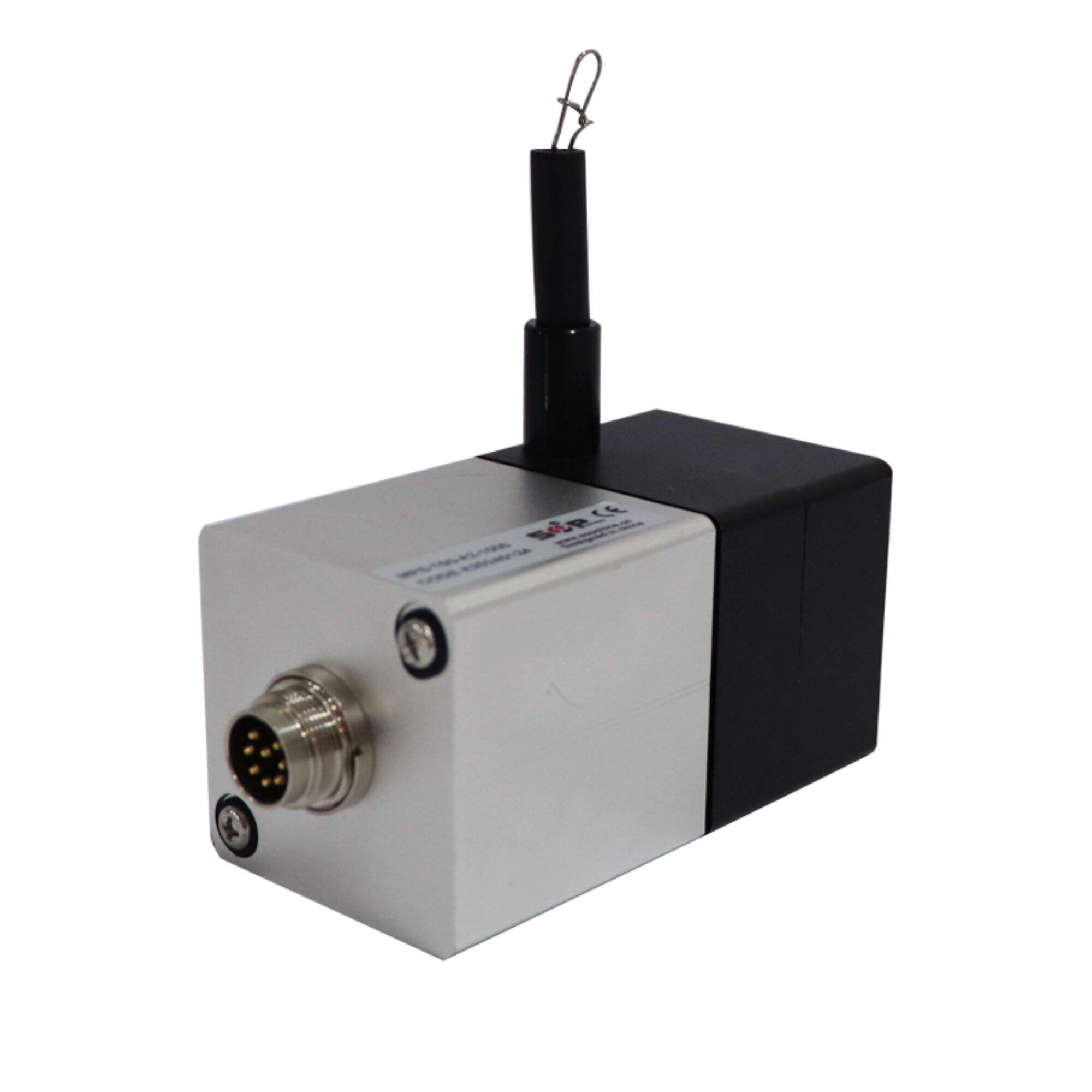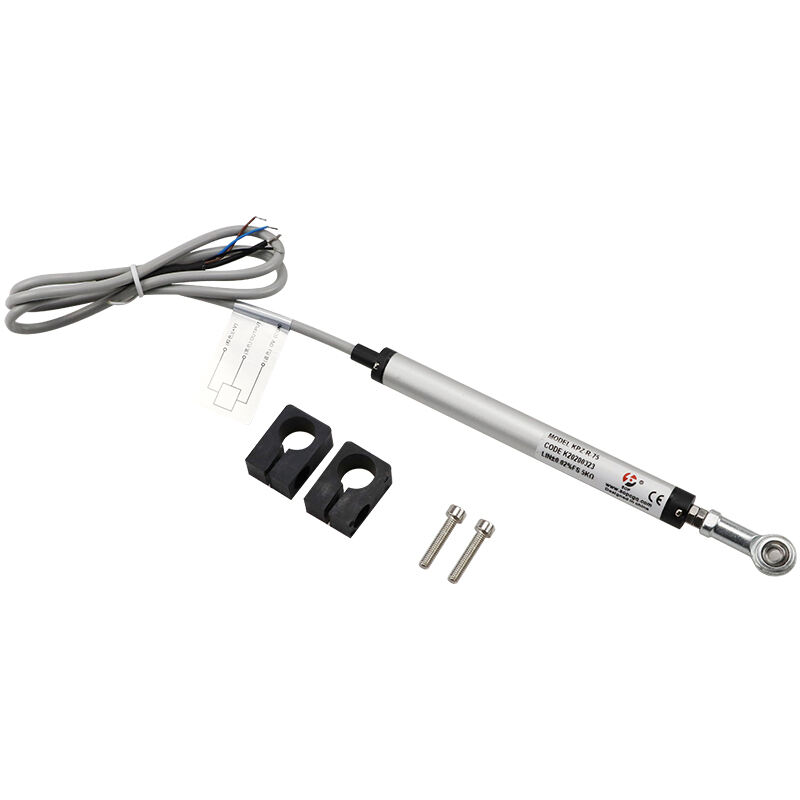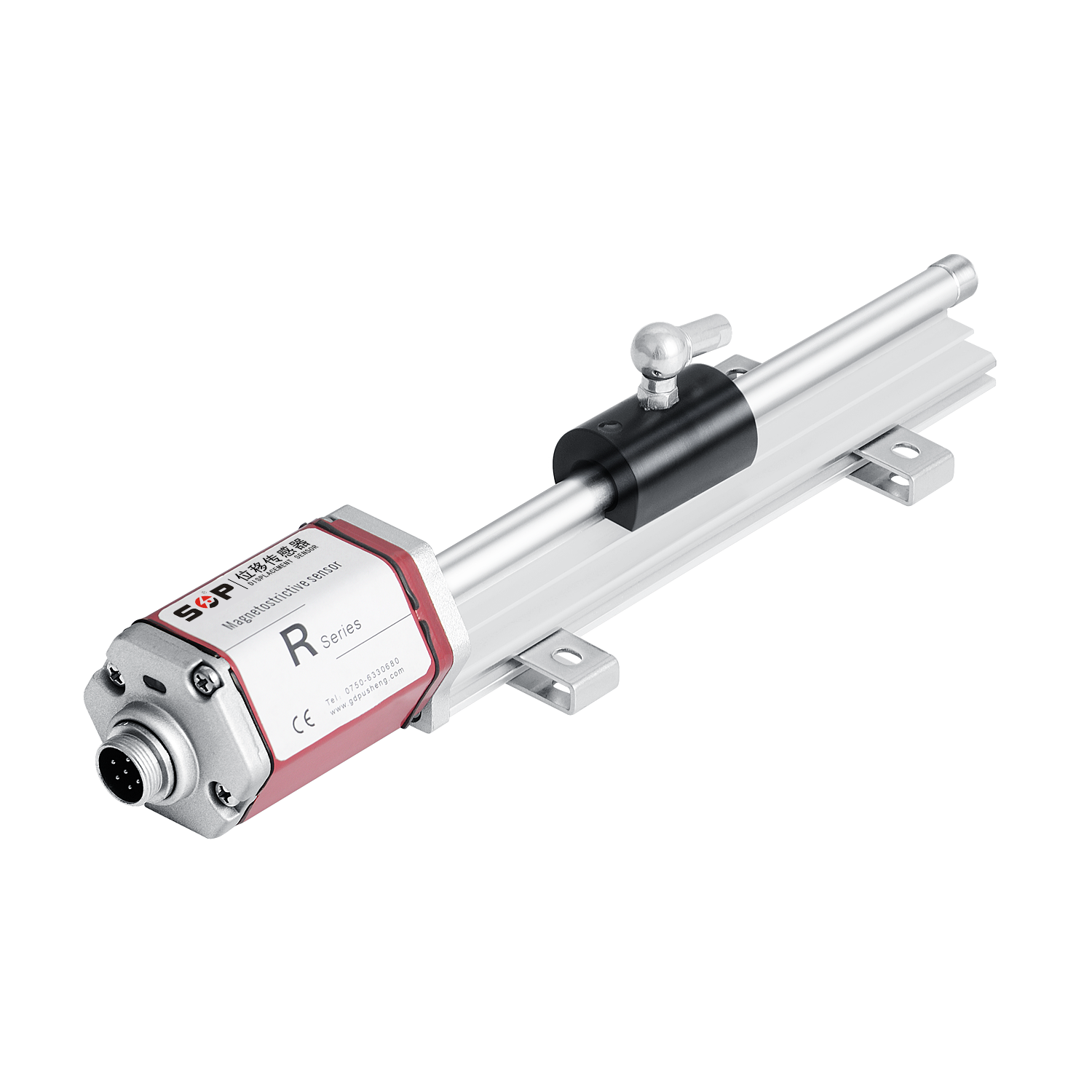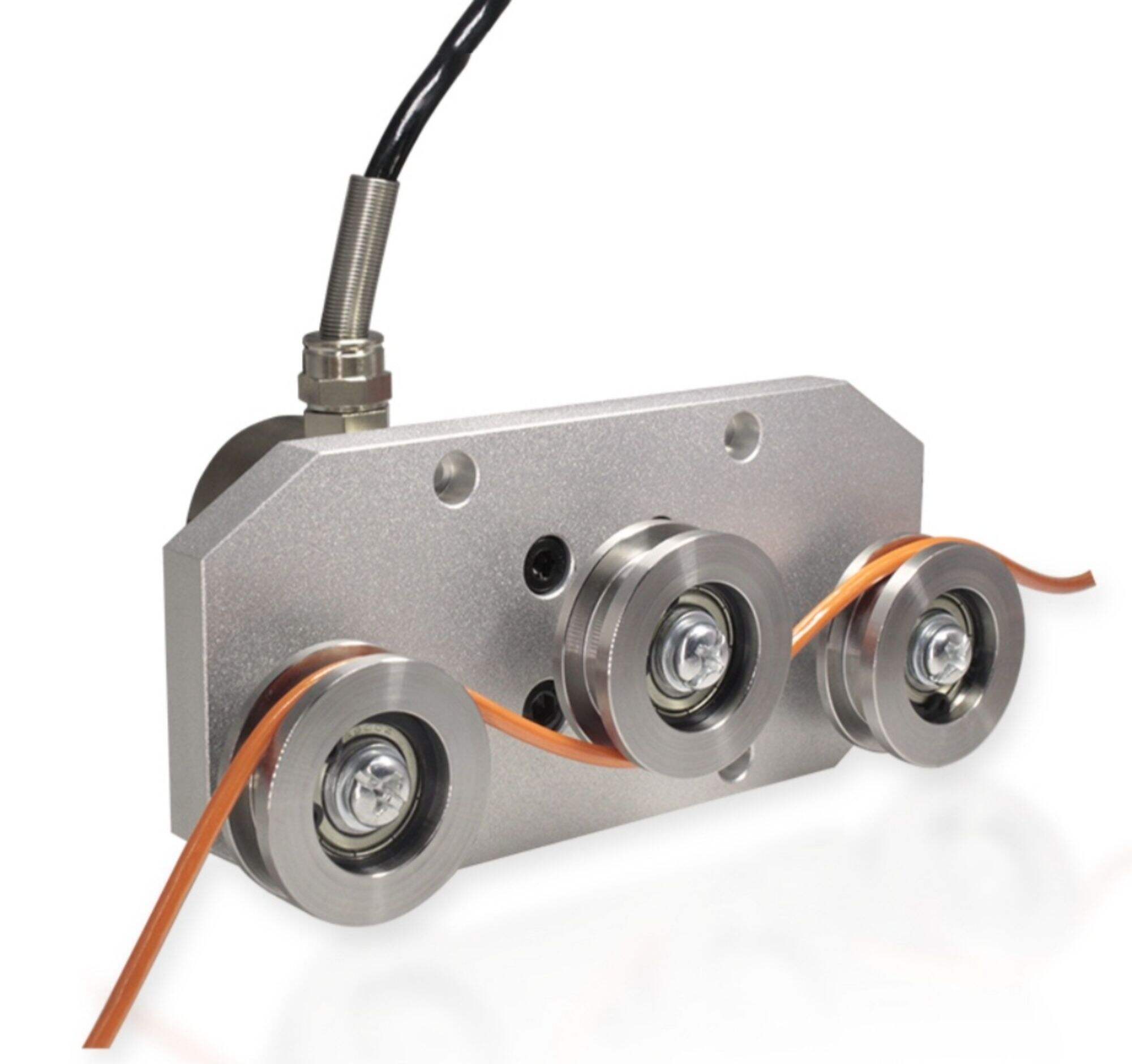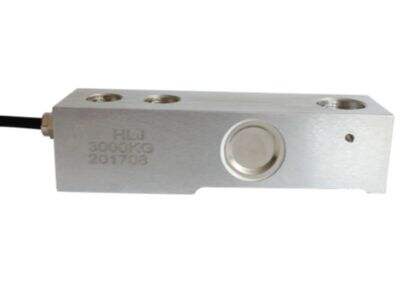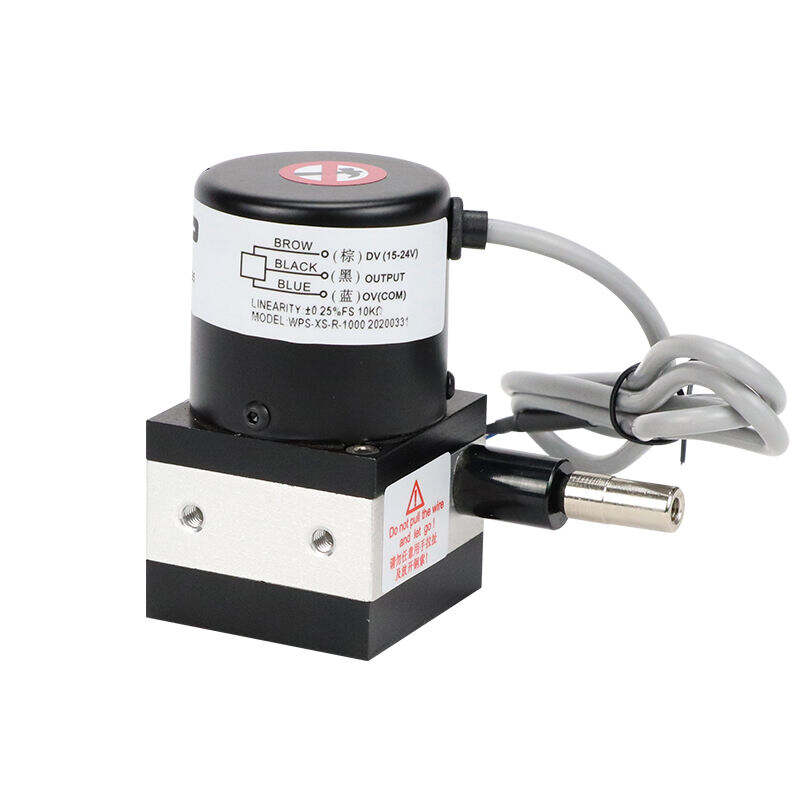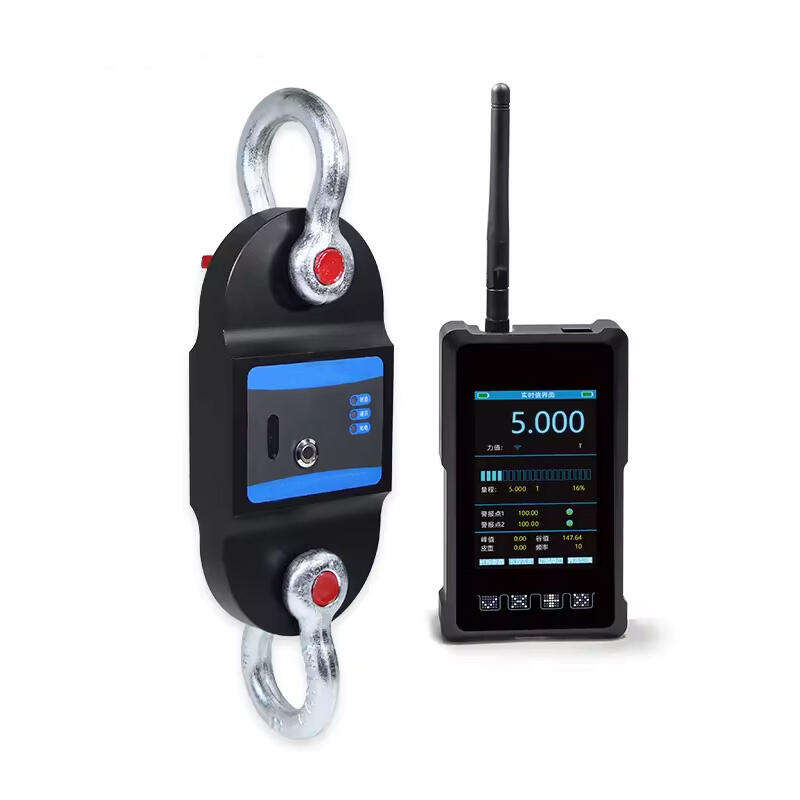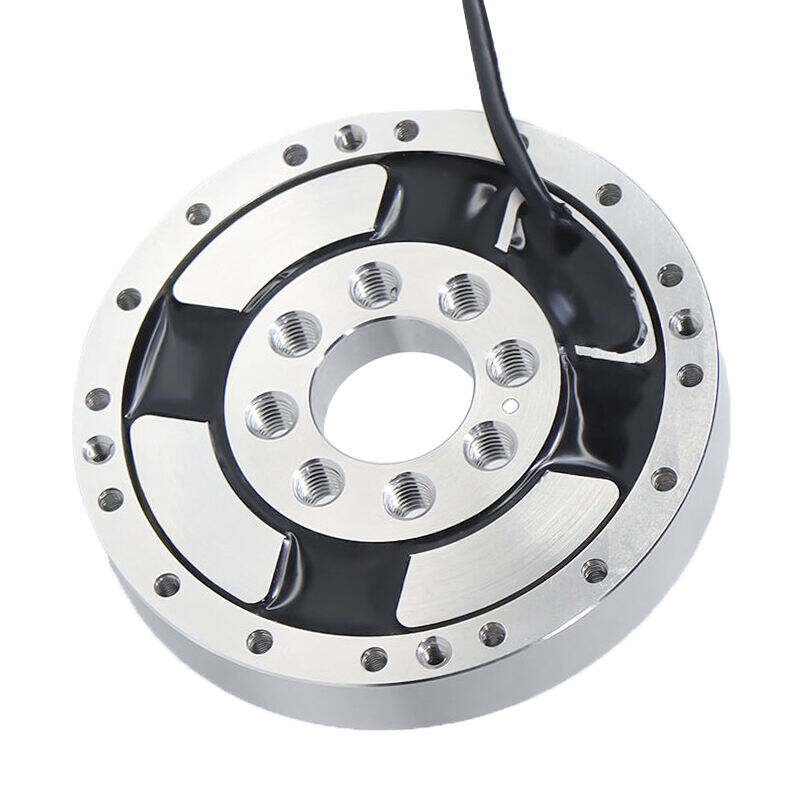micro torque sensor
The micro torque sensor represents a cutting-edge advancement in precision measurement technology, designed to accurately measure and monitor rotational force in miniature applications. This sophisticated device integrates state-of-the-art strain gauge technology with advanced signal processing capabilities to deliver highly accurate torque measurements at the microscale level. Operating on the principle of detecting mechanical deformation, the sensor transforms these minute changes into measurable electrical signals, providing real-time data with exceptional accuracy. The sensor's compact design, typically measuring just a few millimeters in diameter, makes it ideal for applications where space is at a premium. It offers measurement ranges from micro-Newton meters to several Newton meters, with some models achieving resolution down to 0.001 Nm. The device incorporates temperature compensation and digital calibration features, ensuring reliable performance across varying environmental conditions. Applications span across multiple industries, including robotics, medical devices, automotive testing, aerospace components, and precision manufacturing. The sensor's ability to provide both static and dynamic torque measurements makes it invaluable in quality control, product development, and research applications where precise force measurement is crucial.

